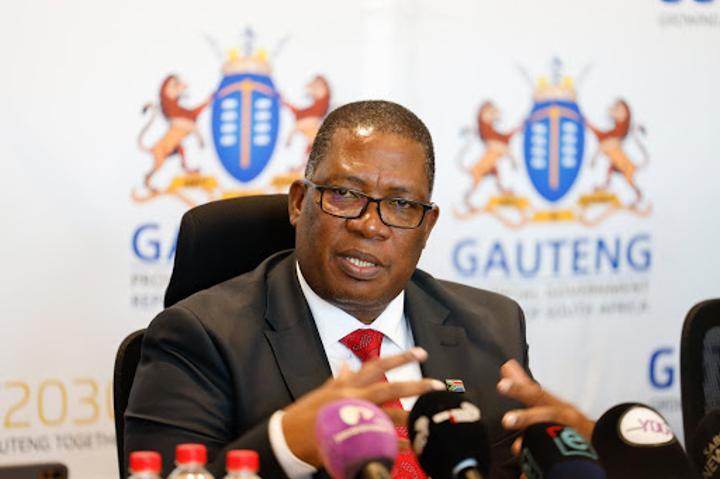Africa-Press – South-Africa. Gauteng premier Panyaza Lesufi’s office has received an additional cash injection of R50m to augment its R1.5bn budget which will go towards the Nas’iSpani project with the aim of fighting youth unemployment in the province.
This was revealed by finance MEC Lebogang Maile on Tuesday while re-tabling the 2025/26 provincial budget, which now stands at R172.3bn.
“Unemployment remains our biggest challenge, as evidenced by the latest data showing that Gauteng’s unemployment rate increased to 34.7%. This inordinately affects the youth,” Maile said.
According to Maile, Gauteng has received an additional financial boost of R886.6m from the initial budget that was tabled on May 12, money that he says will help strengthen key departments that are central to delivering on the government’s commitment to building a capable, ethical and developmental state.
A notable addition includes R50m to the office of the premier for Nas’iSpani, the flagship youth skills and employment initiative led by the Gauteng City Region Academy (GCRA).
To stimulate the township economy and support entrepreneurs, the department of economic development will get an additional R100m.
“Sixty million rand will augment the R40m allocated at the start of the financial year for loan funding support to SMMEs, while R40m will help the department meet its strategic targets,” Maile explained.
He said this funding will also “lay the groundwork for unlocking the investment pledges made at the Gauteng investment conference.”
The department of human settlements receives the largest share of the budget adjustment, R332m.
“This allocation is to assist in servicing informal settlements with sanitation and R100m is for securing land and finished structures to mitigate against land invasion and illegal occupation.
“Roads and transport will benefit from an additional R314.9m, with R150m earmarked for the repair and completion of 54 priority roads across the province.
“Another R115m will be channelled towards fixing broken traffic lights and street lights,” Maile noted, adding that improved road infrastructure is vital for mobility and economic growth.
The newly established department of environment will receive R68m — R18m will be for governance capacity and R50m for the “clean and green” programme in collaboration with municipalities.
“This is aimed at improving the lived experience of the Gauteng citizenry and responding to the challenge of unclean public spaces,” Maile said.
Budgets for health (R67.1bn), education (R68bn), and social development (R5.4bn) remain unchanged.
Maile said the budget demonstrates the overall “thrust of our budget approach remains the resourcing of critical social and economic programmes that form the basis of the social wage with our people.”
For More News And Analysis About South-Africa Follow Africa-Press






